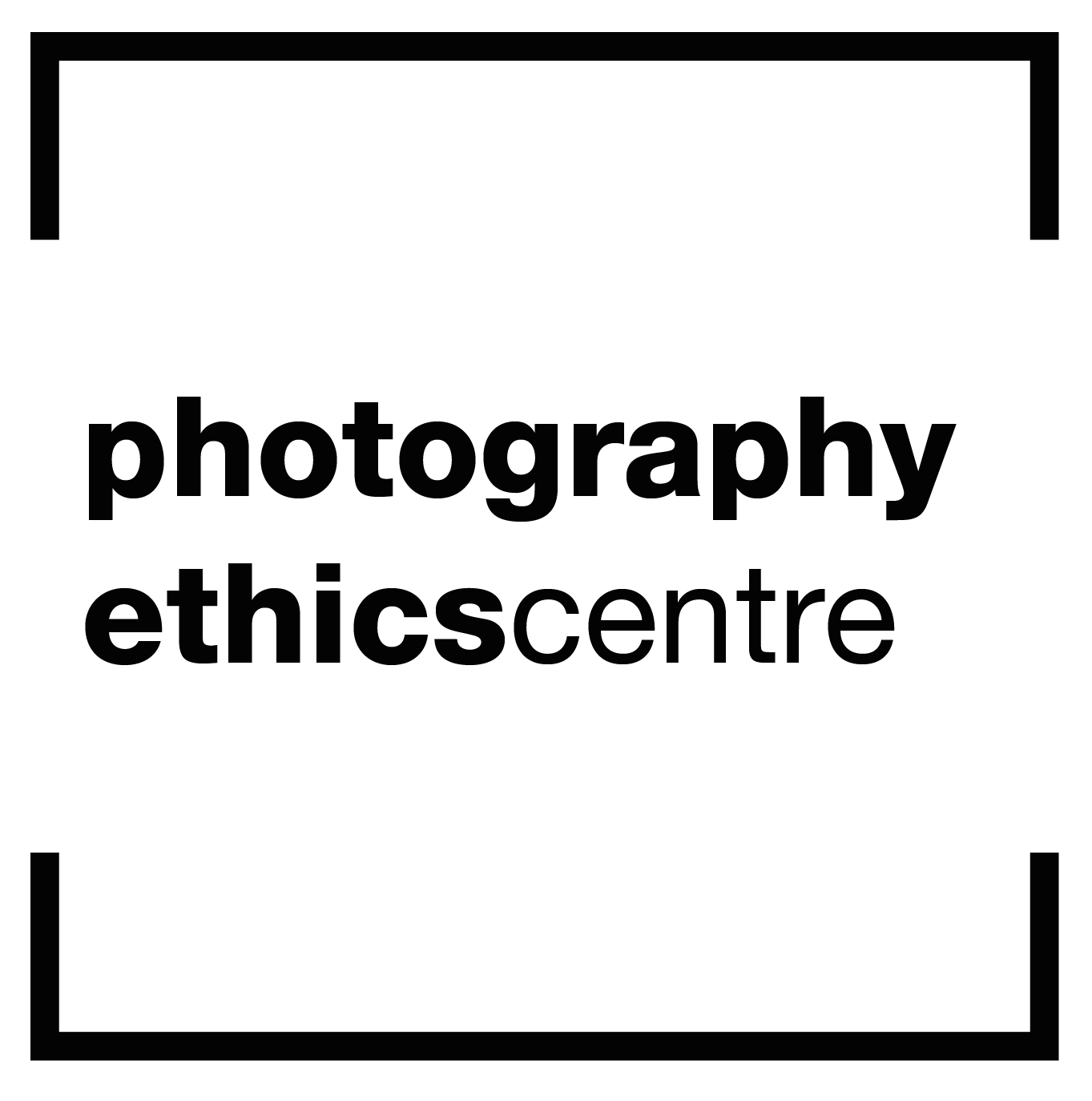Laura Boushnak: On questions of representation
In this episode, we talk with Laura Boushnak about questions of representation. Laura discusses the importance of being transparent and upfront with the people you are photographing, of earning their trust and respecting their decision to change their minds. She explores how social media is enabling people to tell their own stories and to choose how they are represented. Laura also explains how growing up in the Arab region has affected her opinion of representation in photography, and she questions the inequality of how different regions are depicted.
What you’ll find inside:
‘All these questions, no matter how many years of experience you have, I have always have these doubts and questions. Which I think is a good sign because it means I care.’ (2.44)
‘I think the key to any story that photographers work on is to be transparent with the people you are approaching. Just share with them your intentions, show them what you’re working on, why you’re doing it, where it’s going to be published.’ (6.25)
‘But now on social media, isn’t everything online? People are owning their own stories, you know, they are telling their own stories.’ (15.15)
‘The question is not if they’re being published, it’s how? How they’re being represented. That’s I think also, women, what they fear, how they’re being represented.’ (16.00)
‘It’s where I come from. I come from a region where it’s been misrepresented for years in the mainstream media. So it’s tiring when you see certain images reflect the whole region.’ (17.05)
‘I’m not saying let's just work on positive stories. Of course, part of our job is to highlight and focus on problems. But it’s the way we make you feel sorry about the subjects. That I can’t stand.’ (21.00)
‘When there is a suicide attack or an explosion in the Arab world, it’s okay to publish dead bodies. But have you seen a single photo coming out from Paris attacks?’ (23.27)
‘Why is it okay to publish certain images from certain countries but not others?’ (23.58)
What does photo ethics mean to Laura?
‘They’re like the guidelines, you know, cause sometimes I am in the field and I’m tempted, you know like ugh this photo would have been fantastic if… but then you ask yourself these ethical questions that you shouldn’t cross. Also one time I took a really nice photo but then the person in the picture, they go like please don’t use that photo. And I was too tired to argue, I didn’t even bother. I said yeah it’s okay, I won’t use it. But when I was editing I was like oh that’s a really strong image, I wish I could use it. And then you think, could I use it? But then you think no I shouldn’t… but maybe the person won’t see it. And then you remind yourself, this is the internet. Everyone can see everything… You have to think it’s people’s interest above your own interests. At the end of the day, I have no right to go to people’s houses, take their pictures, share their personal private lives with the rest of the world. And I mean these people trusted you so at least show some respect to them.’ (28.10)
Links:
Laura Boushnak is a Palestinian documentary photographer based in Amman, Jordan. Her work mainly focuses on the Arab world, looking at issues that stem from her own personal experience of gender, education, and the aftermath of war. Laura began her career in 1999 as a photographer for the Associated Press in Lebanon and Cyprus, and it’s headquarters in Paris. As of 2008, she has been working as an independent photographer commissioned for editorial assignments by the New York Times and other publications.
You can see her work at http://www.lauraboushnakofficial.com.
Thank you to Redeye, The Photograph Network, for partnering with us to produce Season 3 of The Photo Ethics Podcast. Redeye is a not-for-profit organisation with a strong ethical focus, offering support and opportunities to help you advance your photography and your career. Find out more at http://www.redeye.org.uk.
